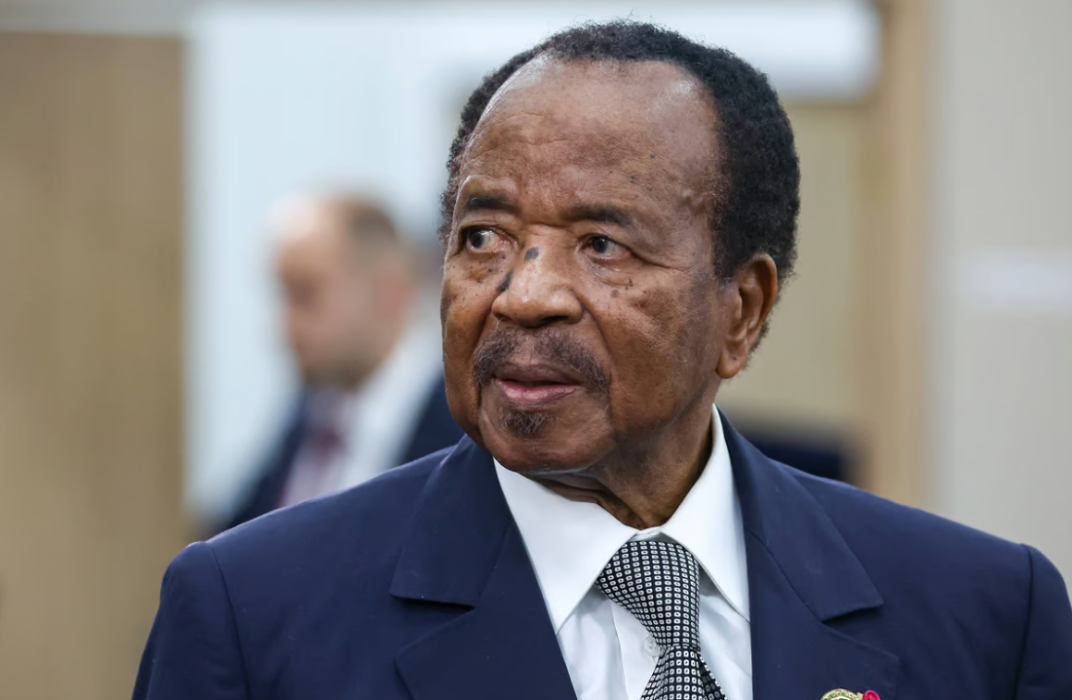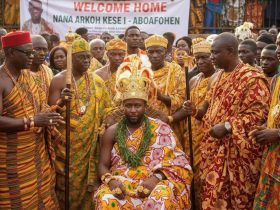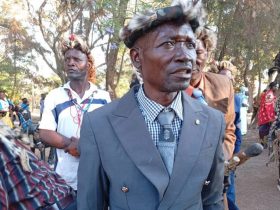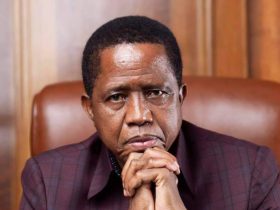Cameroon’s Paul Biya has once again stunned the world—though not in the way his critics would like. At 92 years old, Biya has secured yet another term in office, becoming the world’s oldest sitting head of state and extending his iron-grip rule to an extraordinary 43 years.
Official results show Biya claiming 53.7% of the vote, easily beating Issa Tchiroma Bakary’s 35.2%, but the victory has come wrapped in familiar controversy. Opposition figures are crying fraud (again), violence shadowed polling day (again), and critics say democracy in Cameroon is little more than a stage play where the ending is always known.
Yet here he is—still in charge, still defying time, and still ruling a nation where whispers of succession get shut down faster than a late-night rumor in Yaoundé cafés.
To put Biya’s longevity into perspective, the man has lived through almost every major global turning point imaginable: World War II, the formation of the United Nations, Africa’s independence wave, the entire Cold War, the JFK assassination, the Moon Landing, the fall of the Berlin Wall, Mandela’s rise, 9/11, and even the COVID-19 pandemic.
Most politicians don’t survive a single scandal—Biya has survived entire eras.
As the ballots settle and the opposition fumes, Cameroon is left wondering what comes next. Is this seasoned statesman a symbol of stability, or simply the ultimate political survivor refusing to exit the stage?
Whatever the answer, one thing is certain: while presidents come and go around the world, Paul Biya remains—watching, ruling, and apparently aging slower than democracy in Cameroon.











Leave a Reply